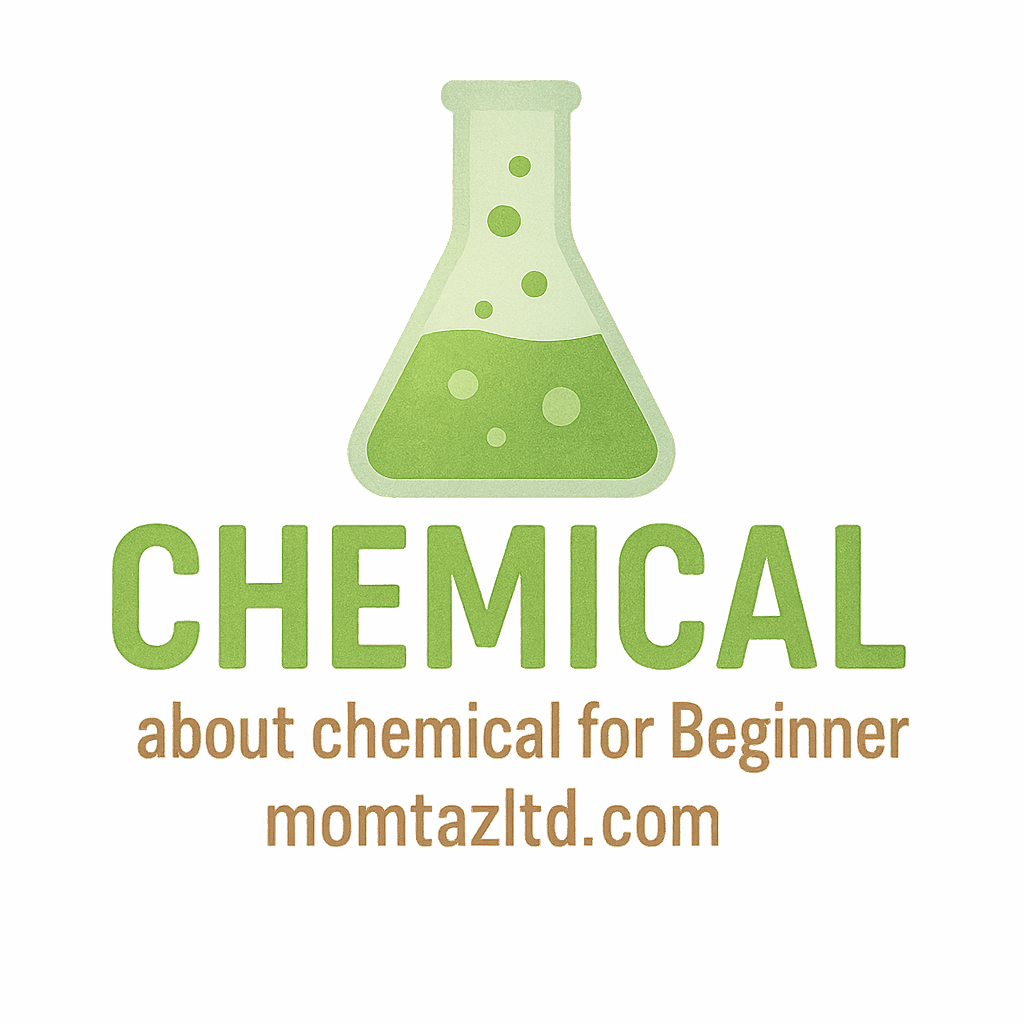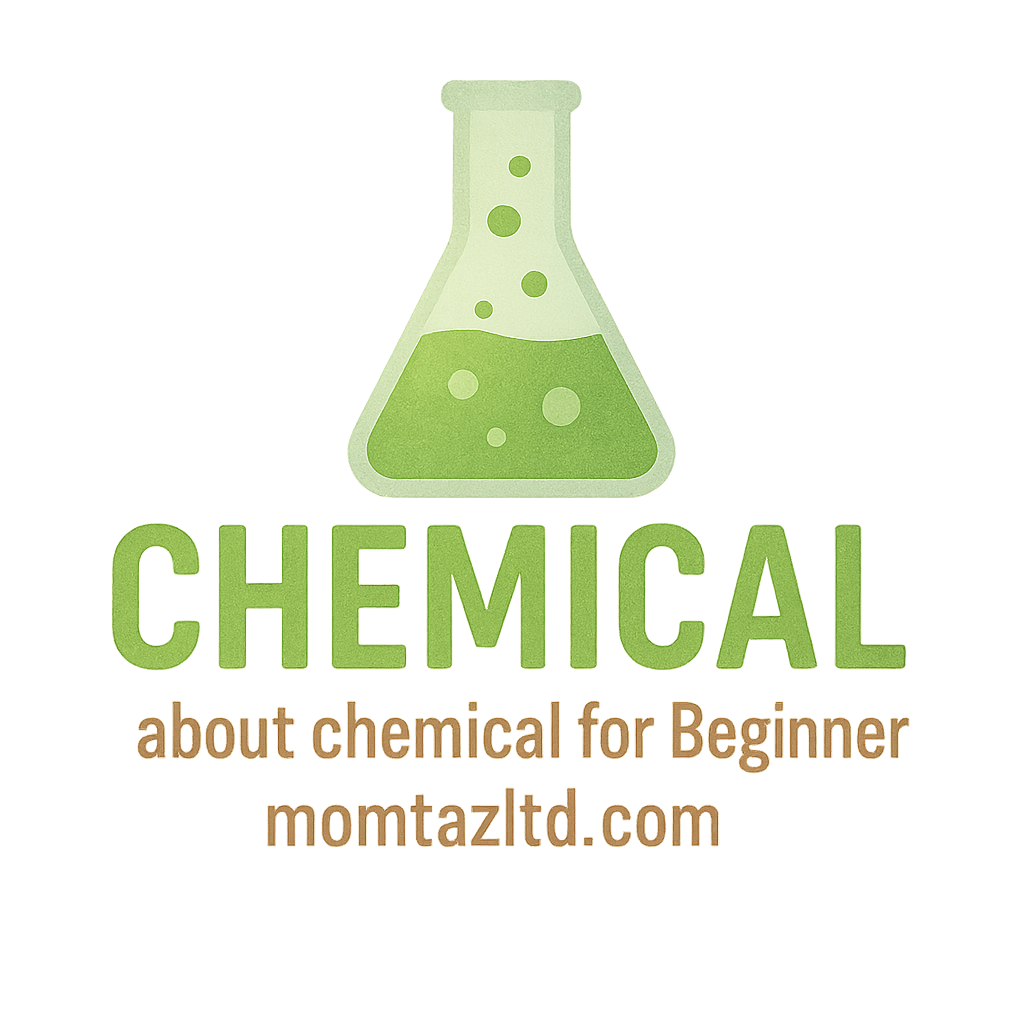Introduction: Why Learning Basic Chemistry Matters
Chemistry might sound intimidating at first, but it’s really just the study of the substances that make up our world and how they interact. Whether you’re cooking dinner, cleaning your house, or even breathing, chemicals are part of your everyday life. For beginners, learning some simple facts about chemistry can open up a whole new way of understanding the world. Let’s explore 10 simple facts about chemicals that every beginner should know.
Fact 1: Everything Around Us is Made of Chemicals
From Air to Water to Food
Look around—your chair, your clothes, the water you drink, even the air you breathe—everything is made up of chemicals. Oxygen, nitrogen, and carbon dioxide are just a few examples of chemicals floating in the air right now.
The Role of Chemicals in Daily Life
Chemicals are not just in science labs. They’re in your toothpaste, soap, and even the caffeine in your morning coffee. Understanding this helps beginners see chemistry as part of daily living, not just something confined to textbooks. You can read more about this at household chemicals.
Fact 2: Atoms are the Building Blocks of Chemicals
Understanding Protons, Neutrons, and Electrons
At the core of chemistry are atoms, the smallest units of matter. Each atom contains protons, neutrons, and electrons. Think of them as the Lego pieces that build everything you see around you.
How Atoms Form Molecules
When atoms bond, they create molecules. For instance, two hydrogen atoms and one oxygen atom come together to form water (H₂O). Simple, right? Beginners who grasp this fact will have an easier time understanding chemical reactions later. For more basics, explore chemical basics.
Fact 3: Chemicals Can Be Natural or Man-Made
Natural Chemicals in Our Environment
Nature is full of chemicals: salt in seawater, oxygen in the atmosphere, and glucose in fruits. These natural substances are vital for life.
Industrial and Synthetic Chemicals
Humans also create chemicals for specific purposes—like plastics, fertilizers, and cleaning agents. These industrial chemicals have transformed modern living but also come with safety and environmental concerns.
Fact 4: Chemical Reactions Power Our World
Everyday Examples of Reactions
Have you ever watched bread rise? That’s a chemical reaction between yeast and sugar releasing carbon dioxide. Rust on iron, digestion of food, and even lighting a match—all are chemical reactions.
Why Reactions Matter in Science and Industry
Chemical reactions power industries, from making medicines to producing fuels. Learning about chemical reactions helps you see the invisible changes shaping everyday life.
Fact 5: Chemicals Have Different States of Matter
Solids, Liquids, and Gases
Chemicals exist as solids (like ice), liquids (like water), and gases (like steam). This basic fact is often the first thing beginners learn in chemistry.
The Role of Temperature and Pressure
Temperature and pressure influence these states. For example, heating ice turns it into liquid water and eventually into steam. This shows how flexible chemicals can be.

Fact 6: Safety with Chemicals is Non-Negotiable
Household Chemical Safety
Cleaning products, insect sprays, and paints all contain chemicals. Without proper use, these can cause accidents. Always read labels, and store them safely. Explore more tips at household chemicals.
Laboratory Chemical Safety
In a lab, safety is even more critical. Wearing gloves, goggles, and following safety rules helps prevent dangerous chemical accidents. Learn more at laboratory chemicals.
Fact 7: The Periodic Table is Chemistry’s Roadmap
How Elements are Organized
The periodic table organizes all known elements by their properties. Each square represents an element like hydrogen, oxygen, or carbon.
Why Beginners Should Learn the Periodic Table
Think of it as a map that helps chemists understand patterns and predict reactions. For beginners, it’s like learning the alphabet of chemistry. Check out resources on learn chemistry.
Fact 8: Chemicals Can Be Both Helpful and Harmful
Medicines and Benefits
Chemistry is behind life-saving medicines, clean water, and food preservation. Aspirin, antibiotics, and vaccines are examples of beneficial chemicals.
Pollution and Hazards
On the flip side, some chemicals pollute air, water, and soil. Learning about chemical safety helps beginners understand both sides of the story.
Fact 9: Chemistry is Connected to Every Career Field
Careers in Industrial Chemistry
Chemists work in industries producing fuels, plastics, textiles, and more. This makes chemistry vital to economic growth. See more on chemical careers.
Careers in Laboratory Chemistry
Other chemists work in labs—developing new drugs, testing materials, or researching environmental solutions. If you love experiments, this could be your field.
Fact 10: Learning Chemistry Opens New Perspectives
Chemistry in Problem-Solving
Chemistry teaches critical thinking and problem-solving skills. It helps you understand why things happen and how to create solutions.
Inspiration for Future Scientists
Beginners who dive deeper into chemistry may become tomorrow’s chemical scientists, innovators, or teachers. It’s a journey of curiosity and discovery.
Conclusion: Why Beginners Should Explore Chemistry Further
Chemistry is not just about labs and textbooks. It’s the science of life itself. From the food we eat to the air we breathe, chemicals play a vital role in shaping our world. By learning these 10 simple facts, beginners can appreciate chemistry’s relevance and stay inspired to learn more. Dive into resources like Momtaz Ltd to keep exploring the fascinating world of chemicals.
FAQs
Q1: Are all chemicals dangerous?
No, not all chemicals are harmful. Many are essential for life, like oxygen and water.
Q2: Why do beginners need to know about chemical safety?
Because even common household chemicals can be harmful if misused.
Q3: What is the easiest chemical reaction to observe at home?
Mixing baking soda and vinegar creates fizzing carbon dioxide—a safe and fun reaction.
Q4: Do I need to memorize the entire periodic table?
Not at first. Beginners should start by learning the most common elements.
Q5: Can I study chemistry without a lab?
Yes, you can learn basics from books, videos, and safe home experiments.
Q6: How do chemicals impact the environment?
They can help (like fertilizers) but also harm (like plastic pollution) depending on use.
Q7: What’s the best way for beginners to start learning chemistry?
Start with simple guides, interactive resources, and hands-on experiments. Visit beginner chemistry for inspiration.


